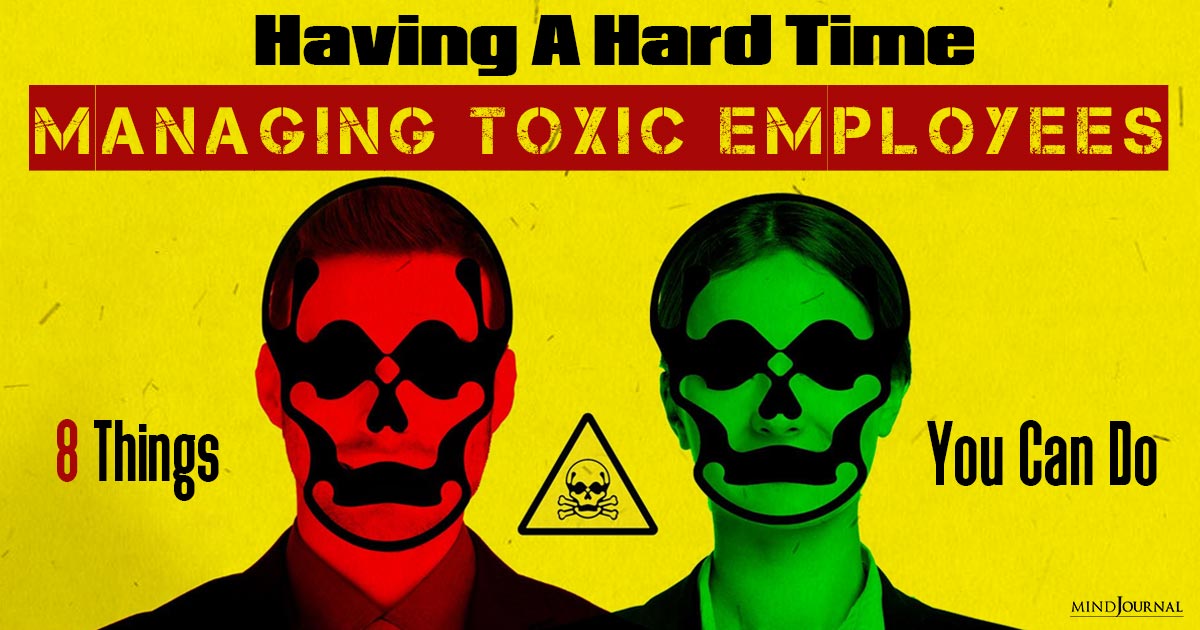Whom are you working for? Is the person worth your time and energy? Are you sure if you should support your leader or manager? Here are below 10 questions that will help you identify and make some powerful decisions on what you need to do.
For 15 years, I’ve been coaching mid- to high-level professionals and leaders in achieving their highest and most rewarding goals. This involves helping them embrace new strategies and approaches that allow them to make a positive impact they long for and become the kind of leaders they want to be.
Throughout the process, they’ve told me that in overcoming their own power gaps, they’ve expanded their ability to learn from critique and found new ways to be more inclusive in their leadership approach. They’ve built more psychological safety in their organizations and reduced the divisiveness and conflict in their ecosystems and work cultures.
It’s very inspiring to observe people mustering the bravery, confidence, and strength to walk through their deepest fears and insecurities. I’ve learned in my time as a therapist and coach that “greater awareness equals greater choice,” and these individuals are intentionally choosing to shift how they’re operating in the world to become leaders of beneficial influence, who uplift and support their followers, employees and constituents as they ascend.
Sometimes, in working with professionals around the world, I also see that they are struggling with their decision-making processes, unable to make a definitive decision on a direction to pursue or action to take.
In many cases, their decision processes have failed them in the past—for instance, they’ve taken the wrong career route, or chosen a terrible job, or followed the wrong leader who wreaked havoc on their life. And these faulty decisions make them feel paralyzed today as to what to do next. Or they haven’t ever really trusted themselves fully so they waffle and waver when needing to put their stake in the ground and decide on a course of action.
Related: Top 10 Bad Leadership Behaviors That Destroy Organisations
Overall, I’ve seen that there are 5 key reasons that people’s decisions fail them, and these reasons are:
- Their decisions don’t support their intrinsic, core values
- They made the right decisions but due to weak boundaries or insecurity, they didn’t communicate or enforce their decisions with clarity or commitment.
- Their decisions emerged from a place of disempowerment, fear or weakness instead of strength
- Their decisions weren’t sufficiently vetted and didn’t take into account the real-life impact and outcomes
- And finally, their decisions focused on the wrong problem instead of the key challenge they actually needed to address
Today, in these times of greater fear and uncertainty, I’m observing that my clients and course members—and those I hear from on LinkedIn on other social media platforms—are struggling even more in making key decisions that will have a large impact on their futures, including what jobs they should stay in, the career changes they need to make, and now, who they want to vote for in the upcoming local and national elections. These key decisions include which business or political leaders to follow, which organizations to join and which causes and directions to pursue.
Related: 9 Reasons Why Introverts Make Great Leaders, According To Science
In figuring out—and committing to— a vitally important decision that you’ll have to live with for the foreseeable future, that will have lasting repercussions in your life and the lives of those you love, I’ve found there are some key questions you can ask yourself today that will help you make the right decision for you.
These questions will help you cut through the noise and clutter, clarify where you really stand, and help you make the correct choice for who you are, focusing on the issues you care about, and the outcomes that matter most to you in your life and work. And these questions will help you not only choose the leader you want to follow, but also determine the way you want to show up in the world.
As a start, below are 10 questions that will help you identify if a particular leader or manager is truly someone you should be supporting and working for (or voting for):
Ask yourself these 10 questions:
1. Does this leader or manager behave, communicate and operate in a way that I respect, admire and want to emulate?
2. Does this leader share my core values and inspire me to be the best, highest version of myself possible, or do I find that their actions and suggestions make me behave and speak like a “lower,” more insecure version of myself?
3. Does this leader know how to build beneficial, supportive relationships with others that help create sustainable growth and achieve critical allyship that is so necessary for my organization or entity to thrive?
4. Does this leader believe in the innate equality, deservedness and worth of all people he/she leads, and do they support that core value in their words, actions and deeds?
5. Can this leader take critique and challenge well, and take responsibility and accountability for his/her actions, instead of blaming others? Do they show remorse when they go wrong, and apologize when an apology or change of course and attitude is called for?
Related: The Dark Side of Transformational Leadership: Hubristic Syndrome
6. Can this leader respect and like people who don’t agree with their actions and opinions?
7. Does this leader show maturity, emotional intelligence and regulation, temperance, patience, empathy, balance, and other key attributes that make a great leader?
8. In reviewing the communications from this leader over the past six months, including social media messages, public and private statements, emails and memos, and other written and verbal forms of communications, do the communications show more positivity than negativity? (i.e. What percentage of these messages contain uplifting, positive words and sentiments that move people forward and what percentage tear people down, blame or attack others, or contain otherwise divisive or negative messages? Is there a ratio of more than 3 to 1 of uplifting and positive language and messages vs. denigrating and negative ones?)
9. When this leader takes action, does the action support the growth, safety and success of the vast majority of people under him/her, or just those groups he/she is personally attached or connected to and only those who support him/her?
10. Finally, are you able to say “I love how this leader behaves and communicates because he/she builds bridges across major divides and differences, and reduces the potential harm, conflict, anger and a lack of acceptance among the people he/she leads?”
Bonus question: The opposite of question #10 is if you often have to say, “Well, he/she didn’t mean it” in response to divisive, derogatory or discriminatory statements the leader makes. If you find that you have to continually excuse away their behaviour and say “they didn’t intend it that way,” ask yourself one final question – Why do I continue to want to make excuses for this leader? Why not do what it takes to choose a leader or manager I don’t have to make excuses for?
Related: The Way You Cross Your Arms Reveals The Kind Of Person You Are
If you find yourself saying “No” to many or most of these questions, then your decision is clear. This is not the leader you want to be supporting, and it’s time to make some powerful decisions on what you need to do.
Perhaps now’s the time to finally look for a new job, and leave that harmful manager or leader behind forever. Or perhaps you can pursue working in a different department, working for a different manager within your organization who aligns more closely with what you want.
Or maybe it’s time to take the reins and launch your own venture so you can finally become a great leader of your own enterprise. And now is the time to decide clearly who you want to lead you both regionally and nationally, in the upcoming elections.
Base your decision on what you truly value in life, and in all respects—both personally and professionally—choose to follow people whom you respect and who embody the very traits that you want to emulate and bring forward in both life and work.
What do you think? Should you support your leader or manager? Let us know in comments below.
Written by: Kathy Caprino
Originally appeared on: Forbes.com
Want to dramatically boost your power, confidence and impact in your career? Check out Kathy Caprino’s new book – The Most Powerful You: 7 Bravery-Boosting Paths to Career Bliss – today! To order in Australia and New Zealand, click here, in the UK, click here, and elsewhere outside North America, click here. Thank you!








